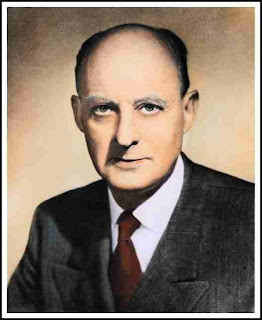Was the First Christmas Night Really So "Silent"? Revisiting a Scholastic Debate

FIRST ARTICLE: WHETHER THE EVENING OF THE NATIVITY OF OUR LORD AND SAVIOR JESUS CHRIST WAS REALLY SILENT Objection 1. It seems that the evening our Lord and Savior Jesus Christ was born could not have been so "silent" after all. We know that the cattle were "lowing," whatever that means (we're just theologians, not farmers; theology is queen of the sciences, not animal husbandry) and this noise was sufficient to awaken the Christ child from slumber. Objection 2. Further, an infant roused on the middle of a cold night by barnyard animals must have been disturbed enough to cry; I mean, cows are scary enough in movies, but imagine if one were breathing down your neck because you're occupying her feeding trough. Objection 3. Further, we learn from the classic spiritual that angels' feet make a "shuffling" sound and, if their feet make noise, mutatis mutandis , surely the noise of wings flapping as the angels dive-bombed and encircled the c...







